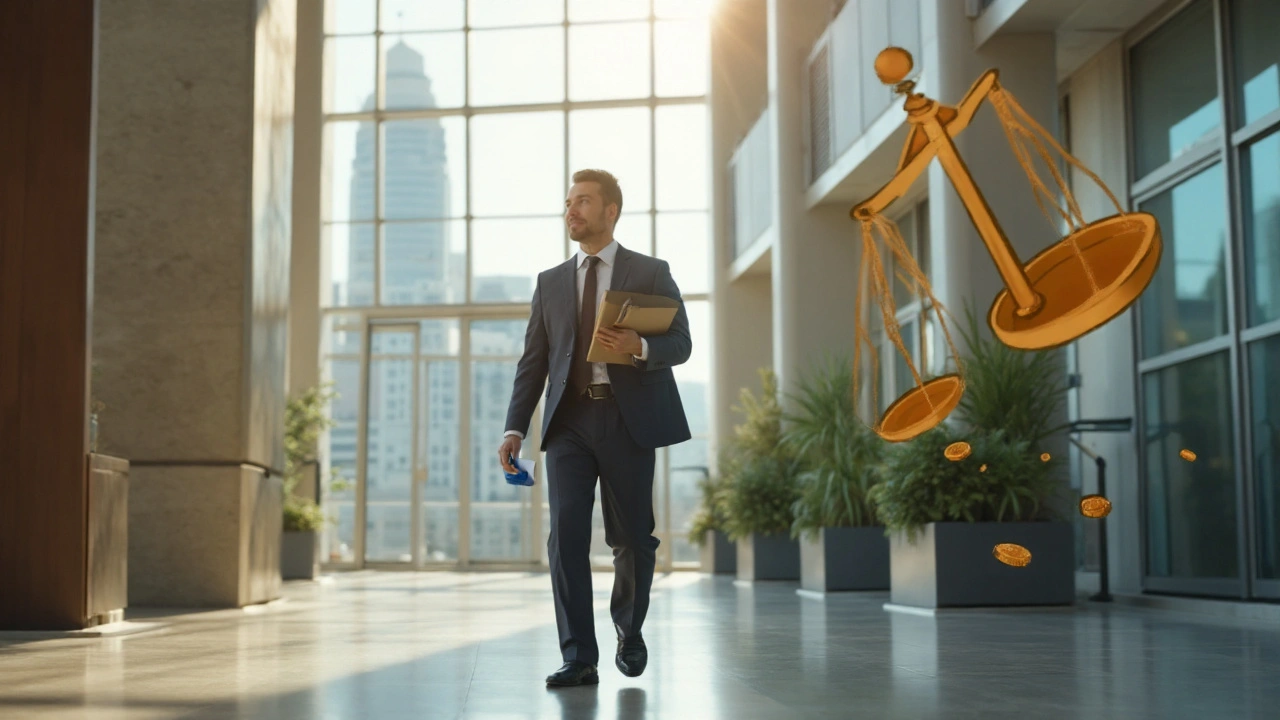Real Estate Liability Explained: Simple Tips for Property Owners
If you own a house, an apartment building, or even a vacant lot, chances are you’ve heard the term “real estate liability.” It’s basically the legal responsibility you have when something on your property hurts a person or damages their belongings. Forget the legal jargon—think of it as the risk of getting sued because of a slip, a faulty fence, or a broken stair.
Common Sources of Real Estate Liability
First off, the most frequent claim comes from slip‑and‑fall accidents. A wet floor, icy driveway, or loose carpet can turn a simple walk into a lawsuit. Next up are structural issues – broken railings, faulty wiring, or a roof that gives way. Tenants often blame landlords for these problems, especially if they affect health or safety.
Another big one is code violations. If local building codes require fire extinguishers, smoke detectors, or proper lighting and you skip them, you’re opening the door to fines and liability claims. Even things like pool safety matter; an unfenced pool can become a legal nightmare fast.
Don’t forget about environmental hazards. Lead paint, asbestos, or mold can cause serious health issues, and the law holds owners accountable for proper disclosure and remediation.
How to Reduce Your Liability Exposure
The easiest defense is regular maintenance. Walk your property monthly, fix cracks, clean up debris, and keep walkways clear. Document every repair with photos and receipts – that paper trail can save you if a claim pops up.
Insurance is your safety net. A solid general liability policy covers most claims, from slips to property damage. If you rent, consider landlord insurance; it adds coverage for loss of rent and tenant‑related lawsuits.
Know your legal duties. Different states have different rules about things like smoke alarms or pool fences. A quick check with your local housing authority can prevent costly violations.
Use proper signage. Warning signs for wet floors, low ceilings, or construction zones aren’t just helpful – they show you took reasonable steps to warn visitors.
If you have tenants, include clear lease clauses that outline who handles what repairs. While the landlord can’t dodge all responsibility, a well‑written lease can clarify expectations and limit disputes.
Finally, consider a risk‑management audit. A professional can spot hidden hazards you might miss and recommend cheap fixes that pay off in avoided lawsuits.
Bottom line: real estate liability isn’t a scary, untouchable monster. By staying on top of maintenance, keeping good records, and having the right insurance, you protect yourself, your tenants, and your bottom line. Stay proactive, and you’ll spend less time fighting legal battles and more time enjoying the benefits of property ownership.

